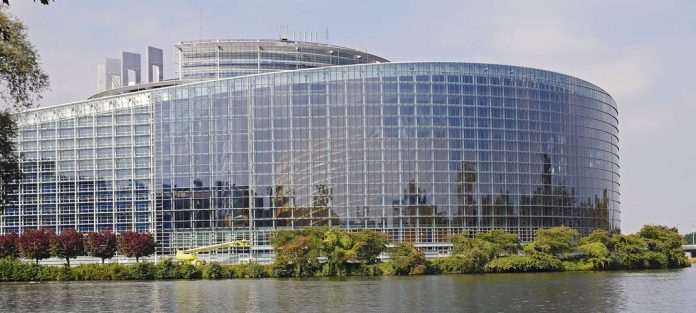On Tuesday, March 19, 2024, the European Parliament’s ENVI Committee discussed the ECHA Investigation Report on PVC and PVC additives. The ECHA report was published in November 2023, and, after a thorough analysis, VinylPlus published a comprehensive response to the ECHA report.
Introducing the discussion, the European Commission DG Environment stated, “We need to work towards a clean circular economy to increase safety and trust in recycled materials”. This idea is at the core of the VinylPlus 2030 Commitment, which looks at scaling up circularity and ensuring additives are safe and sustainable.
In its presentation, the ECHA representative stated, “We had to make plausible assumptions in cases where data was lacking”, and whenever ECHA identified potential hazards, they assumed the hazards were confirmed. In this regard, VinylPlus underlines that data gaps must be filled, and worst-case assumptions verified as soon as possible to allow for informed decisions on the next steps.
Whilst alternatives were identified for all uses, the ECHA representative specified that the availability of alternatives may be an issue in some sectors, and substitution may impact performance and entail significant costs. As alternatives were not assessed to the same degree as PVC and its additives, VinylPlus believes that comparative life cycle assessment analyses will be needed to understand whether alternatives are truly preferable in certain applications, or if there is a risk of regrettable substitution.
The European Commission DG GROW stated that “the Commission has already worked and continues working on several areas that according to the investigation report would benefit from further regulatory action”, such as microplastics, some orthophthalates, flame retards, MCCPs, and that “the investigation report needs to be read in this context”.
VinylPlus welcomes the fact that the European Commission sees the ECHA report in the broader context of ongoing initiatives and hopes that a coordinated approach involving relevant stakeholders will be pursued. Additionally, VinylPlus would like to emphasise that in addition to the ongoing work outlined by the European Commission, PVC products and PVC additives are already regulated in the EU under several regulatory frameworks. VinylPlus is committed to continue working with regulators to ensure PVC and its additives are safe for people and the environment.
Overall, VinylPlus appreciated the transparent interventions from ECHA and the European Commission and will use this information to refine its current research activities related to the findings of the report.
Several MEPs took the floor to ask questions to the European Commission and ECHA, and especially to ask the Commission about its next steps. In particular, MEP Ondrej Knotek, who is a member of the Monitoring Committee of VinylPlus, highlighted the fact that the PVC industry is a leading example for other sectors and stressed the importance of supporting the industry in its green transition.
“Since its inception, VinylPlus has enabled the transformation of the PVC value chain, with proactive industry action to substitute additives of concern and create circular business models. VinylPlus strives to continuously support this industry transformation also by working with regulators and stakeholders to address data gaps in the report. Ultimately, we all need scientific and regulatory clarity to ensure the PVC value chain can continue to invest in its transition”, said Charlotte Röber, Managing Director of VinylPlus.
On Thursday 21 March, the ECHA investigation report on PVC and PVC additives will also be discussed at the meeting of the Competent Authorities for REACH and CLP (CARACAL).
Source: VinylPlus






